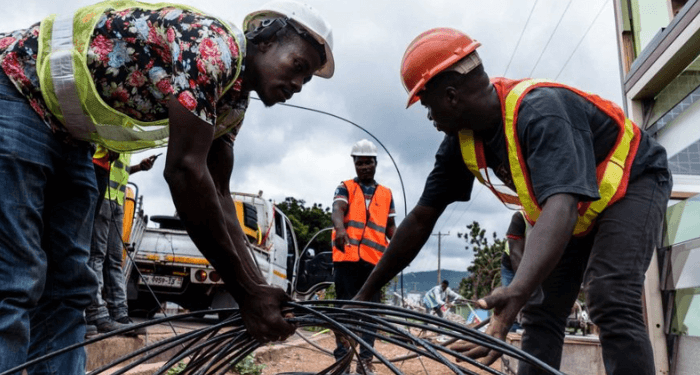Millions of residents across Kebbi, Sokoto, and Zamfara states have been cut off from voice and data services following simultaneous fibre optic cable cuts affecting MTN and 9mobile networks. The disruption, which began around 7:09 p.m. on Thursday, May 29, 2025, is still ongoing, according to a network status report released by the Nigerian Communications Commission (NCC).
The blackout has left affected communities unable to make phone calls, send text messages, or access mobile data. Among the hardest hit areas are Birnin Kebbi, Sokoto North and South, Gummi, Anka, Talata-Mafara, Argungu, Tambuwal, and Yabo, among over two dozen towns and local governments across the three states.
This latest incident highlights a growing problem in Nigeria’s telecom industry—persistent fibre cuts that cripple connectivity and disrupt daily life. Operators have repeatedly raised alarms over the frequency and cost of these cuts, which are often caused by construction work, vandalism, and poor coordination among infrastructure stakeholders.
Airtel Nigeria, for instance, has reported an average of 43 fibre cuts daily, amounting to over 7,700 cases in the last six months alone. The company’s Director of Corporate Communications and CSR has warned that the situation not only frustrates consumers but also disrupts business operations, slows government services, and compromises emergency responses.
In February this year, the Federal Ministry of Works and the Federal Ministry of Communications, Innovation, and Digital Economy established a Joint Standing Committee in collaboration with the NCC to address the crisis. The committee was tasked with coordinating efforts to protect fibre optic cables during road construction and maintenance. Its responsibilities include setting up communication channels, crafting prevention strategies, and developing standard procedures for stakeholder engagement.
Despite these initiatives, the industry continues to grapple with fibre cuts at an alarming rate, casting doubt on the committee’s immediate impact. Residents and operators alike are now urging faster, more decisive action to prevent further service disruptions and safeguard the country’s digital infrastructure.










